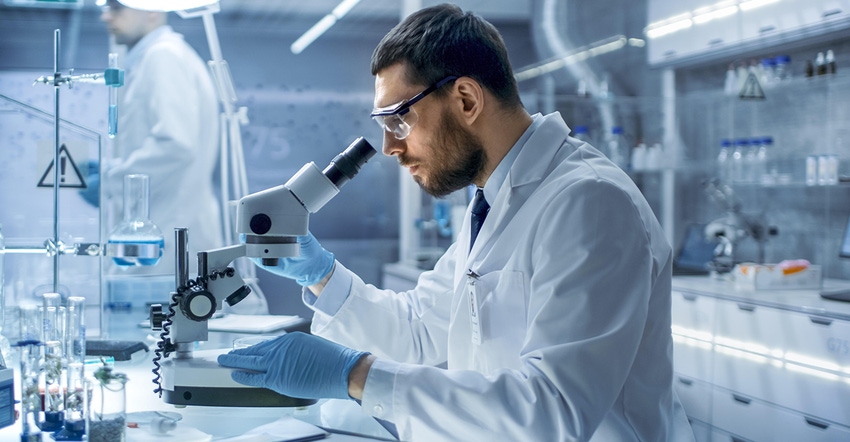Plant-Sugar-Derived Adipic Acid Opens Route to Bio-Based PA 66
Japan’s Toray Industries claims to have developed the world’s first 100% bio-based adipic acid using sugars derived from inedible biomass.
August 29, 2022

Toray Industries Inc. has developed what it claims is the world’s first 100% bio-based adipic acid from sugars derived from inedible biomass. Adipic acid is a raw material for polyamide (PA) 66. The company’s proprietary synthesis technique combines microbial fermentation and chemical purification technology that harnesses separation membranes.
|
The Toray process employs microbial fermentation and membrane-based purification to obtain polyamide precursor adipic acid. |
The company has started to scale up its capabilities in this area. It plans to undertake test polymerization of PA 66, develop production technology, conduct market research, and take steps toward commercializing applications for this bio-based adipic acid by around 2030.
Pressures to develop eco-friendly PA 66 have risen in recent years amid a growing awareness of the need to realize a sustainable society. One challenge, however, is that conventional chemical synthesis for producing adipic acid generates a greenhouse gas called dinitrogen monoxide.
Toray was the first in the world to discover microorganisms that produce an adipic acid intermediate from sugars. The company reconfigured metabolic pathways within microorganisms to enhance production efficiency by applying genetic engineering technology, which artificially recombines genes to streamline synthesis in microorganisms. It also employed bioinformatics technologies to design optimal microbial fermentation pathways for synthesis. The quantity of the intermediate synthesized by microorganisms has increased more than 1,000-fold since the initial discovery, and the efficiency of synthesis has improved dramatically.
Toray is using reverse osmosis separation membranes to concentrate the intermediate in the purification process. This approach is more energy efficient than other membrane-less methods. This bio-adipic-acid production technique is free of dinitrogen monoxide emissions, unlike the manufacturing processes for petroleum-derived adipic acid.
Toray is developing a process for producing sugars from crop residues and other inedible plant resources. Sugars from this process could be used as raw materials for bio-based adipic acid. The new bio-adipic-acid production technology is part of the group’s drive to become carbon neutral by 2050
Toray’s achievement is partly attributed to joint research with the National Institute of Advanced Industrial Science and Technology, and Riken, Japan’s largest comprehensive research institution. That effort is part of two projects that the three partners are undertaking with funding from the New Energy and Industrial Technology Development Organization. The first project is “Development of Production Techniques for Highly Functional Biomaterials Using Plant and Other Organism Smart Cells” and the second ongoing project is “Development of Bio-Based Production Technology to Accelerate Carbon Recycling.”
You May Also Like



